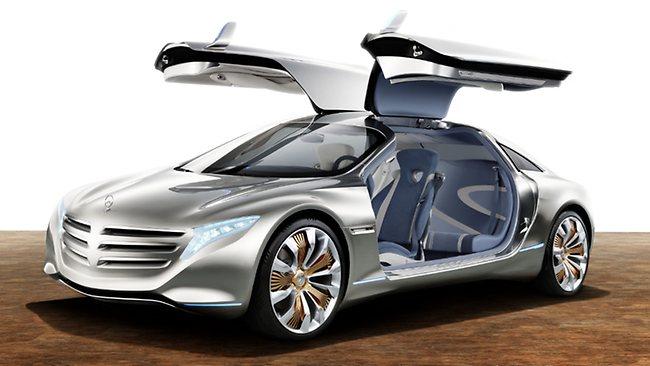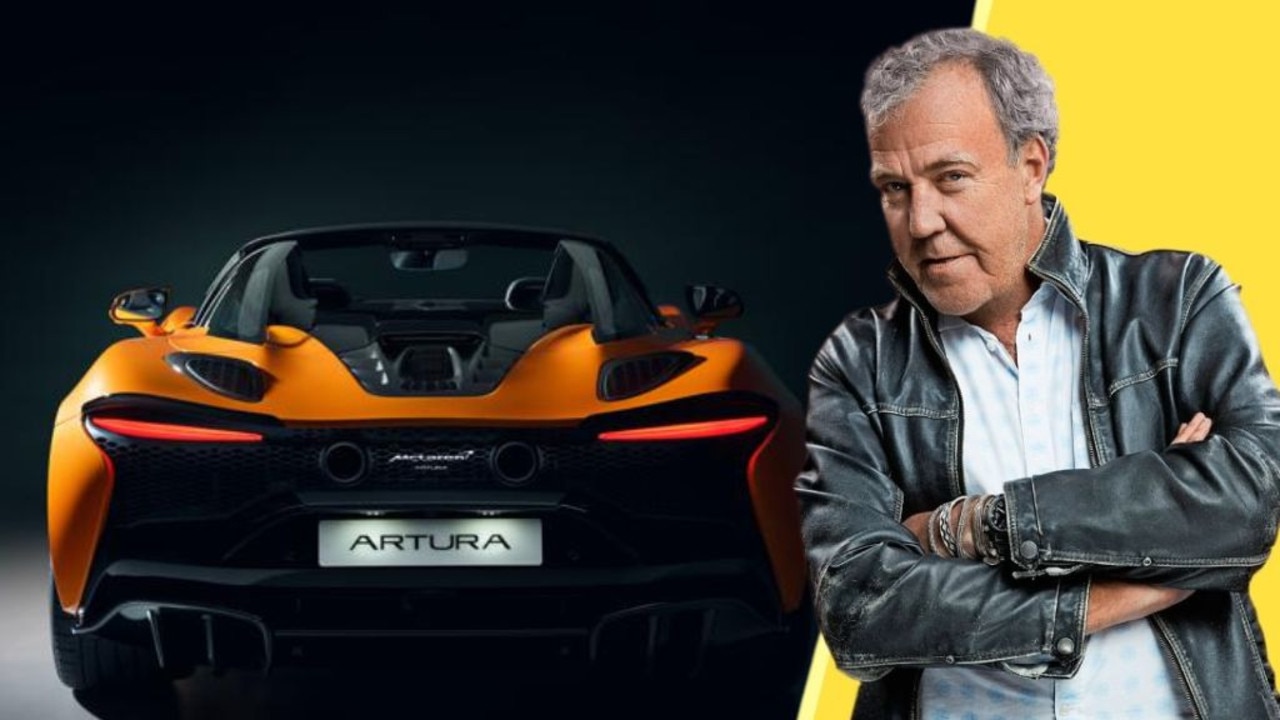FRANKFURT MOTOR SHOW: As ever, the future looks like hydrogen
MERCEDES believes tomorrow's large luxury cars will need to be powered by fuel cells.

IT has been said, more than once, that hydrogen is the fuel of the future - and always will be.
The joke works only because it really doesn't seem to get any closer. Ten years ago hydrogen cars were going to be here in a decade. Where are they?
Even further away, if Mercedes's vision is anything to go by. It has been tinkering with the lightest element for 30 years and its surprise Frankfurt centrepiece was a concept for a hydrogen luxury car, called the F125, which could be here by 2025. Yes, that's a "could be".
Mercedes has runs on the board with this technology and a small fuel cell B-Class did a lap of the globe earlier this year. It does work.
But challenges remain. Storing hydrogen on board is tricky because to carry enough it has to be under pressure and very cold. That means bulky cylindrical tanks and heavy-duty plumbing.
The F125 overcomes this hurdle with a fuel tank integrated into the floor. It's made of porous solid materials known as metal organic frameworks, which have huge inner surfaces.
They also can be assembled into complex shapes.
The hydrogen generates electricity in a fuel cell stack, stored under the bonnet, and drives four electric motors, one for each wheel. The only waste product is water. The car's performance -- 4.9 seconds to 100km/h and a range of 1000km -- is as good or better than a petrol limousine today.
"We're talking about science and not about fiction," Mercedes-Benz chief Dieter Zetsche declares. "This sedan can become the S-Class among electric vehicles."
Even Mercedes admits it's not a done deal, though. Metal organic frameworks are still the subject of research and the problem of batteries doesn't go away.
Mercedes assumes the eventual car will have a lithium-sulphur unit with double the energy density of current storage. That sounds conservative, but "the real potentials of this technology are still difficult to guess", it says.
In other respects, the technology in the car is on fairly solid ground. The F125 has a lightweight shell made from a melange of carbon fibre, aluminium and steel. The large gullwing doors are a favourite conceit of concept cars and would be expensive, but the sort of safety systems needed exist.
It also has automated driving systems that can change lanes on highways, but that's a regulatory challenge rather than a technical one. Cars can already drive themselves with a fair degree of certainty.
In the lounge-style cabin, Mercedes's future thinking extends to 3-D displays, cloud computing and an info-tainment system that knows what you want. It sounds like Christmas at Harvey Norman.
Gesture commands are the industry's trick du jour, so the doors open with a wave of the hand. It may not advance motoring much, but it's the sort of gimmick that's supposed to attract the buyers of large luxury sedans -- and they need all the buyers they can get.
The large sedan is the definitive Mercedes and, although it is being replaced in buyer affections by the SUV, the F125 shows that the three-pointed star will continue to define itself by an ability to lead in this segment.
"We are placing the priority on technology without making sacrifices -- that is the future of the big vehicle with a star," Zetsche says.
Other big vehicles without stars at the show included the next generation Lexus GS, which omits a V8 from the line-up to focus on V6 or hybrid power.
It should arrive next year and so should the Citroen DS5, which continues the French brand's strategy of using its famous DS moniker to badge premium models.
Volvo's Concept You was intriguing, but less for its air-powered sound system and more for what it says about its direction. This car, under Volvo's new Chinese owners, takes aim squarely at the last great hope for limo-length luxury: the status-conscious Chinese buyer.


